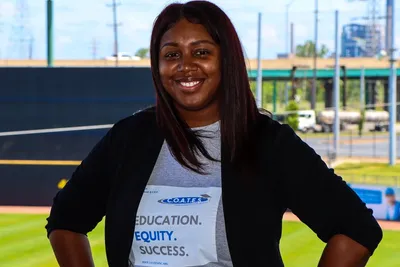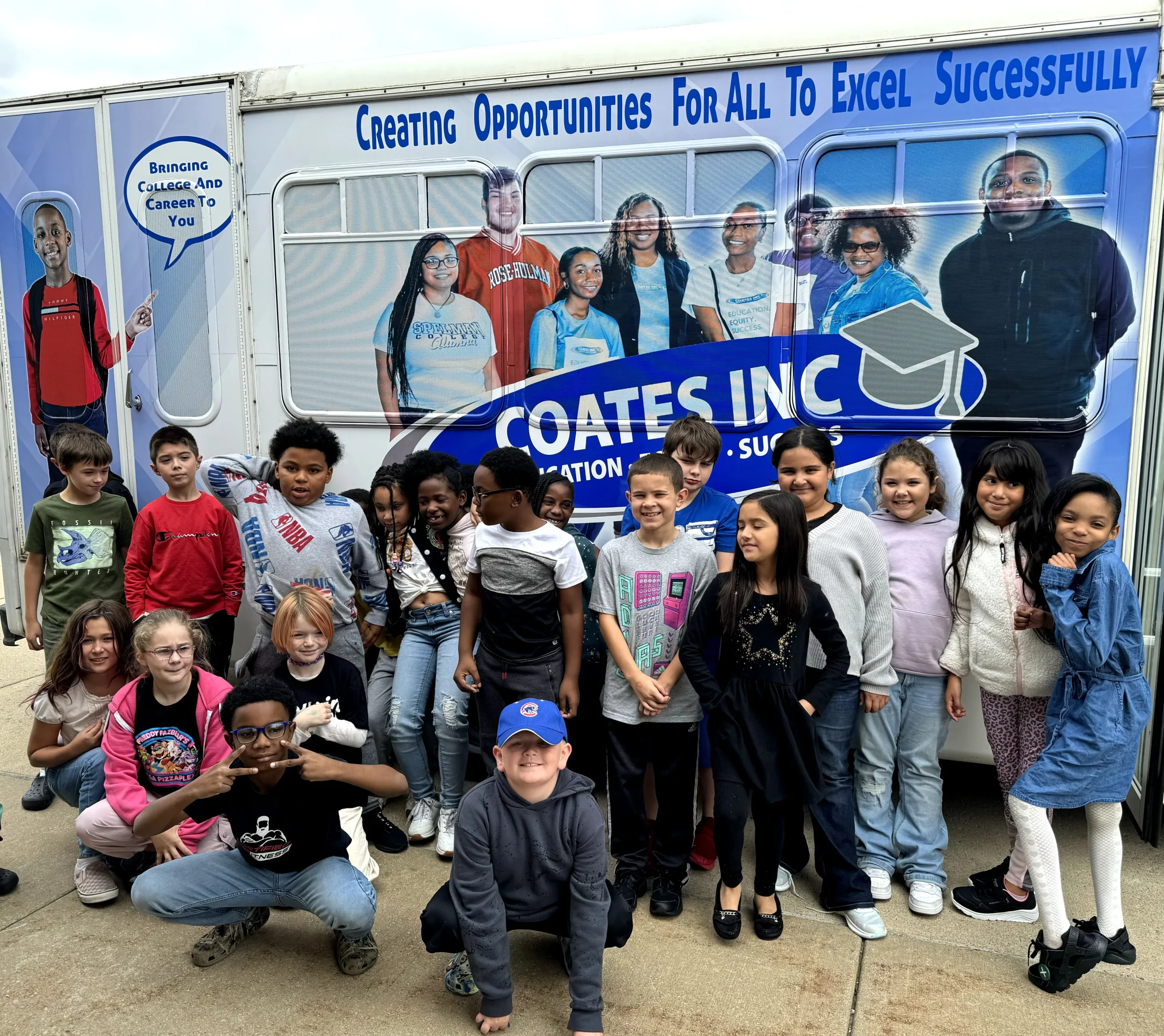
Our programs are focused on college and career related strategies.
Group workshops to help participants prepare for postsecondary enrollment and careers, apply for financial aid and develop academic skills.
Essentials of College Planning Reviews the four major elements of planning for college: admissions, financial aid, career goals and study skills. Postsecondary options, the college search process and application and registration procedures are discussed. The basics of financial aid, career options and effective study skills for college are introduced.
Financial Aid Provides: 1) An overview of the types of financial aid available and how to apply and 2) A step-by step guide to filling out the FAFSA. Completion of the FAFSA and other aid applications required at postsecondary campus of choice.
Financial Literacy Understanding and completion of one or more of the following: personal and family budget planning, credit building principles, cost-planning for postsecondary degrees, cost of postsecondary attendance.
Career Exploration Reviews strategies for exploring careers and making decisions about new careers. Additional topics include attending college vs. alternative training/trade programs and current career trends such as Next Level Jobs.
Career Panels Features guest speakers from industry to expose participants to potential career paths and professionals as role models. High wage careers and trades will be targeted.
Study Skills Introduces specific study skills that contribute to academic success in the areas of note-taking, effective listening, test-taking and time management skills. Preparation for college entrance exams and GED exams is discussed.
College Survival Skills Introduce what it means to be a college student. Topics include active learning strategies, organizational and time-management skills, assertiveness skills, how to interact with faculty and how to navigate the college system.
The Coates Education Opportunity Center will support individuals who do not have a secondary school diploma or equivalent to receive a secondary school diploma or its equivalent during the project year.
The Center will support individuals who are not already enrolled in a post-secondary education program to apply for financial aid. Access to financial aid is a critical factor in increasing the proportion of the individuals in the service area who receive a post-secondary education. Currently, the service area has both a low proportion of individuals who possess bachelor’s degrees (approximately 9%) and very low FAFSA completion number (currently 35%) and 23.9% lower than the national average.
We are developing a multifaceted program model that features structured steps to college, a strong academic emphasis and use of group services to maximize participant progress. We’ll conduct needs assessments and service planning in coordination with participants to progress quickly and efficiently. Our Community Collaborative members will provide a variety of services that will be enhanced by our highly-trained Transition Coordinators. The CEOC staff will work hands-on with participants to advise, coach, and empower them towards post-secondary goals.
Learn more about our upcoming events, fundraisers, and more!
Copyright © 2025 Coates Inc | Equity in Education – All Rights Reserved.


Know Your Rights Camp is advancing the liberation and well-being of Black and Brown communities through education, self-empowerment, mass-mobilization and the creation of new systems that elevate the next generation of change leaders.